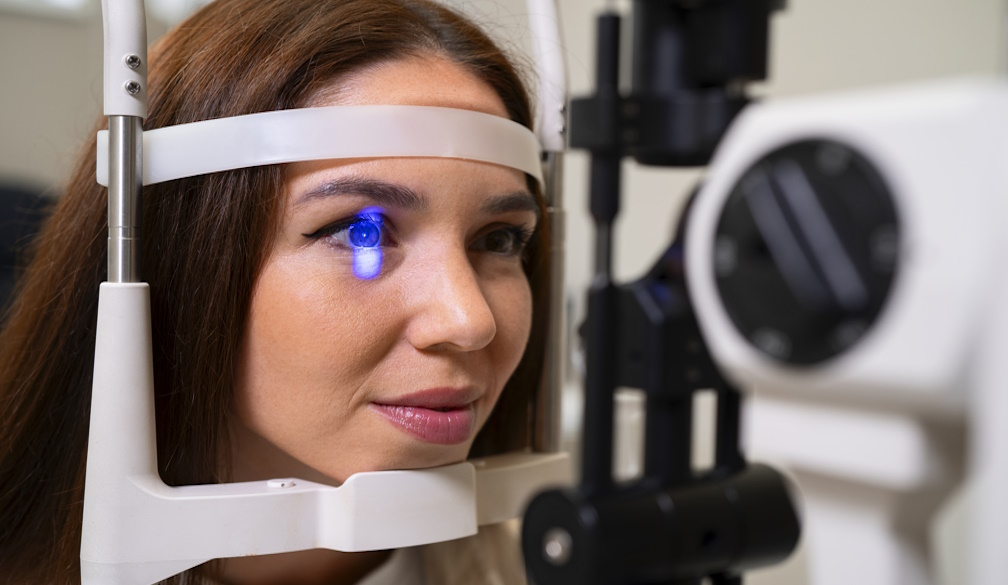How an Eye Specialist and Ophthalmologist Melbourne Help Manage Complex Vision Needs

Vision is one of the most valuable senses, yet it is often overlooked until problems arise. In a world where screen use is at an all-time high and age-related conditions are becoming more common, the need for expert eye care has never been greater. An eye specialist provides the essential first step in diagnosing and managing vision problems, while an ophthalmologist Melbourne offers advanced medical and surgical treatments for more complex conditions. Together, they ensure that patients receive comprehensive, tailored care for their unique vision needs.
The Role of an Eye Specialist in Everyday Care
An ophthalmologist Melbourne is often the first professional patients turn to when experiencing vision problems such as blurred sight, headaches, or eye strain. Specialists carry out comprehensive eye exams, prescribe glasses or contact lenses, and detect early warning signs of eye disease. Their role in preventative care is invaluable—by catching conditions early, they often reduce the need for more invasive treatments down the track.
When Ophthalmologists Step In
While an eye specialist manages general eye health, an ophthalmologist Melbourne is a medical doctor trained to treat complex diseases and perform eye surgery. Ophthalmologists handle conditions such as cataracts, glaucoma, diabetic eye disease, and retinal disorders. They are also trained in corrective procedures like LASIK and cataract removal. When a condition is beyond the scope of an eye specialist, patients are referred to an ophthalmologist for advanced diagnosis and treatment.
Managing Eye Conditions Across All Ages
Eye health needs differ across life stages, making access to both specialists and ophthalmologists critical. Children may require an eye specialist to detect vision issues that affect learning. Adults often visit specialists to address digital eye strain, while older individuals may need an ophthalmologist Melbourne for age-related conditions like cataracts or macular degeneration. By working together, both professionals provide lifelong care that adapts to changing needs.
Why Early Intervention Matters
Conditions like glaucoma or diabetic retinopathy often develop silently, with little to no symptoms in early stages. By the time vision changes are noticeable, damage may already be permanent. Regular visits to an eye specialist allow for early detection and timely referral to an ophthalmologist Melbourne when necessary. This proactive approach preserves vision and prevents avoidable complications.
The Benefits of Advanced Technology
Modern eye care relies heavily on advanced diagnostic and treatment technology. An eye specialist may use retinal imaging or vision field testing to identify problems, while an ophthalmologist Melbourne uses surgical lasers, microsurgery tools, and advanced medications to restore or protect sight. These technologies have revolutionized outcomes for patients, making treatments more precise, less invasive, and more successful than ever before.
Surgical Expertise and Eye Health
Some conditions can only be corrected surgically. An ophthalmologist Melbourne is trained to perform delicate procedures such as corneal transplants, cataract extraction, or retinal surgery. These surgeries require years of training and expertise, ensuring patients receive safe, effective treatment. For those seeking vision correction, ophthalmologists also provide refractive surgeries like LASIK or PRK, offering the chance to live free from glasses or contact lenses.
Emergency and Urgent Eye Care
Not all eye issues develop gradually. Sudden vision loss, severe pain, or eye injuries require immediate attention. An eye specialist may provide initial care and quickly refer patients to an ophthalmologist Melbourne for urgent treatment. Rapid access to expert care can make the difference between saving and losing vision, underscoring the importance of having both specialists available within Melbourne’s healthcare system.
Holistic Approach to Health
Eye health is closely tied to overall health, which is why collaboration between eye specialists and ophthalmologists is so valuable. Conditions like diabetes, hypertension, or autoimmune diseases often manifest in the eyes. An eye specialist may be the first to identify these signs and coordinate with an ophthalmologist Melbourne and other healthcare providers for integrated treatment. This holistic approach ensures patients receive comprehensive care for both vision and general health.
The Growing Demand for Eye Care in Melbourne
With an ageing population and increased screen exposure, demand for both eye specialist services and ophthalmologist Melbourne expertise continues to rise. More people are prioritizing regular eye exams and advanced treatments to maintain quality of life. Melbourne’s world-class healthcare facilities and experienced professionals ensure residents have access to the latest technology and care standards in vision health.
Conclusion: Complete Care for Every Vision Need
From routine check-ups to advanced surgery, both an eye specialist and an ophthalmologist Melbourne play essential roles in protecting eyesight. Specialists provide preventative care and early detection, while ophthalmologists deliver advanced medical and surgical expertise. Together, they offer comprehensive solutions for patients of all ages and conditions. For anyone committed to safeguarding their vision, regular appointments with these professionals are not just recommended—they are essential for lifelong eye health.





